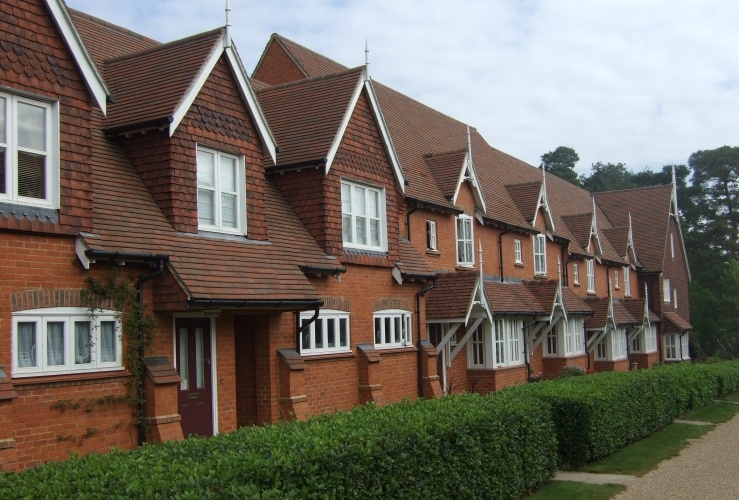
UK house sales are forecast to freeze in 2018, but a lack of housing stock will ensure prices do not fall significantly, according to the annual housing market report by the Royal Institution of Chartered Surveyors (RICS).
The organisation expects property price growth to reduce further next year, while transactions are forecast to see a modest fall. RICS says lacklustre performance is likely due to economic and political uncertainty following the June 2016 vote to leave the European Union, allied with limited available homes.
Prices are likely to see only modest falls due to a general nationwide under-supply of properties.
RICS economist Tarrant Parsons explained: “A real lack of stock coming onto the market remains one of the biggest challenges, while affordability constraints are increasingly curbing demand in some parts,”
“Given these dynamics, price growth may fade to produce a virtually flat outturn for 2018."
Transactions are set to fall from 1.2m this year to 1.15m in 2018, according to RICS.
Both savings and property affordability have been hard hit by rising inflation - now at 3.1 per cent since the EU referendum vote in June 2016.
The poorly performing market is set to be further slowed by limited housing stock. With limited properties to buy, would-be sellers will be less likely to put their homes on the market, the organisation asserts.
The raising of interest rates to 0.5 per cent in November by the Bank of England would instil further caution into prospective buyers, says RICS.
However, property price performance is likely to vary nationwide, with bigger increases expected in Northern Ireland, Scotland, Wales and the North West of England. Overall UK growth will remain sluggish however, as prices in London and the South East reduce slightly.
RICS believes recent measures by the government to increase the housing supply will have little impact in the near-term. The Autumn Budget unveiled numerous policies to spur the market, including the aim of building 300,000 homes annually.
These new policies won't have any impact until the mid 2020s, the RICS forecast states.
RICS parliamentary affairs manager Lewis Johnston suggested state intervention in the sector remains wanting: “2017 was meant to be the year of a Government step-change in housing policy, but it seems we’ll have to wait a little while longer for anything truly transformative to drive up supply.”




